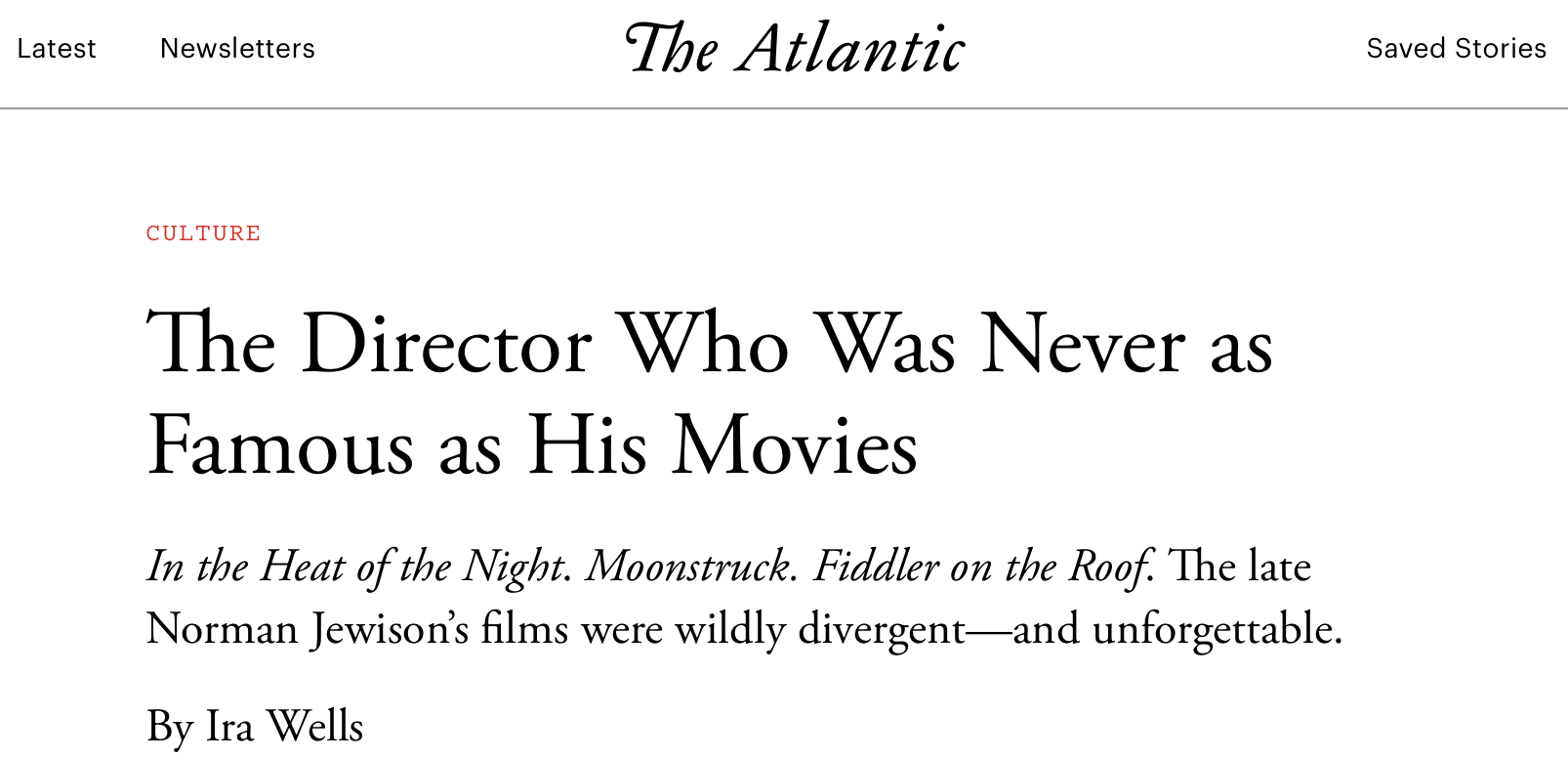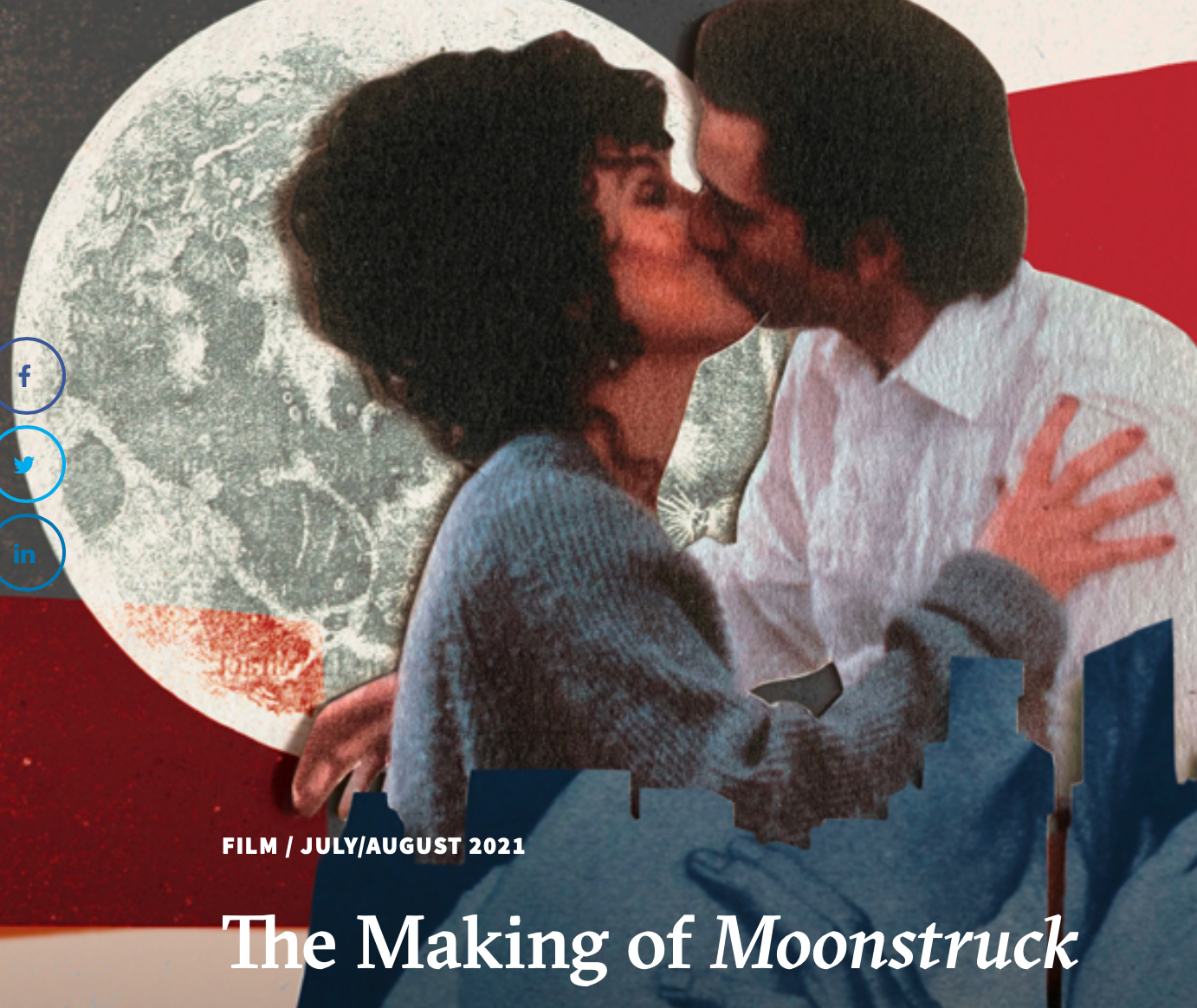From the destruction of libraries in ancient Rome to today’s state-sponsored efforts to suppress LGBTQ+ literature, book bans arise from the impulse toward social control. In a survey of legal cases, literary controversies, and philosophical arguments, Ira Wells illustrates the historical opposition to the freedom to read and argues that today’s conservatives and progressives alike are warping our children’s relationship with literature and teaching them that the solution to opposing viewpoints is outright expurgation. At a moment in which our democratic institutions are buckling under the stress of polarization, On Book Banning is both rallying cry and guide to resistance for those who will always insist upon reading for themselves.
“What emerges in this deceptively slim and powerful volume is the voice of a devoted reader—On Book Banning is a testament to the life-altering power of books and ideas.”
—Shazia Hafiz Ramji, Quill & Quire (starred review)
“Beneath the elegant prose of this small volume lies a vast urgency and passion about language, books, and human consciousness. The hot-button political debates—about freedom of thought and the value of open access, and the depredations of governments and activists to control both—are set against a background of deep yearning for connection between minds. Wells has given us a wise and powerful example of that very thing.”
—Mark Kingwell, author of Question Authority: A Polemic about Trust in Five Meditations
“In this impressive book, Ira Wells provides an insightful and engaging discussion of the renewed embrace of censorship by both progressives and traditionalists and what it can mean for the possibility of building a more socially just and democratic society today. On Book Banning is a gem that I cannot recommend highly enough.”
—James L. Turk, Director, Centre for Free Expression, Toronto Metropolitan University
“Wells does a good job of illustrating how the new censorship consensus has brought left and right together in a push to suppress or eliminate voices and volumes they deem dangerous, immoral, or otherwise unsavoury . . . These self-appointed protectors of morality and intellectual curiosity on both sides of the political spectrum have eroded the liberal ideal of free expression and ushered in a new era of censorship by another name. By calling it out for what it is, Wells does a valuable service.”
—Steven W. Beattie, That Shakespearean Rag
Introduce your brand
The Walrus, October 16, 2024
The Walrus, May 30, 2024
With humanities subjects increasingly marginal to the interests of students, donors, and universities, it is worth thinking through some the larger consequences of the STEM-ing of higher education. If current trends hold, the Canadian workforce will be increasingly ignorant of history, philosophy, and literature. We will be less capable of learning from the past. Less able to apply ethical frameworks to advances in machine learning, biotechnology, and nanomedicine. Less able to communicate without the assistance of machines, which will also do our thinking for us.
Jewison had grown up on vaudevillian variety shows, and his filmography was, in a sense, the variety show of a lifetime. He directed hard-hitting social dramas, slapstick comedies, musicals, science fiction, and a children’s film (the underrated, Fellini-esque Bogus); he was fluent in every film genre except horror. He directed 24 films and not one sequel. Was there, at bottom, a sensibility holding it all together? Poitier, in the mid-’80s, argued that Jewison’s filmography shared a “value frame” that reflected the director’s artistic integrity. “He runs to the things that stand as challenges,” Poitier said. “He can no more make a simple film about unimportant things.” If you wanted Jewison to direct The Nerds Strike Back, Poitier said, “you would have to whip him, tie him to a stake, and bury him in an ant hill—and he would choose to die there.”
Your right to life, freedom of expression, and freedom of religion should not be contingent upon my vote… “Democracy” is one of the things human rights are supposed to defend against.
The Walrus, December 12, 2022
One sunny morning in late May, armed with my TDSB Equity Toolkit, a checklist to guide our work, I joined a handful of sheepish parents in our school library, and we began pulling books from the shelves. I was — however unwittingly — writing myself into a history of literary censorship that is nearly 500 years old.
Toronto Star, November 27, 2022

A War on the Rich?
We shouldn’t criticize the 1 percent, In Defence of Wealth insists—we should thank them
The argument that we should be grateful for whatever the super-rich do—for jobs in the gig economy or on the warehouse floor—reveals the spiritual debt not to Andrew Carnegie’s Gospel of Wealth but to Rudyard Kipling’s poem “White Man’s Burden,” which attempts to justify imperialism as a noble duty. Where the rapacious nineteenth-century empires cloaked their pillage and exploitation of colonies in a rhetorical skein of generosity, offering progress and salvation to locals, the contemporary identity politics of the super-rich present them as existing primarily for the benefit of those they exploit for profit. We shouldn’t criticize the 1 percent, they argue—we should thank them. We should want more of them.
The Walrus, May 4, 2022
The ‘Meh’ Decade
Slouchy flannel, shows about nothing, pre-internet bliss. The nineties we romanticize—and the one we forget.
No music, as the adage goes, will ever sound as good as the music you heard when you were seventeen. I could never explain to a 17-year-old today why Jeff Buckley’s “Hallelujah” is better than “Dynamite” by BTS, just as my parents could never have persuaded me that Peter, Paul and Mary were better than Radiohead. I still feel a little bereft each time I walk past the long-departed MuchMusic headquarters on the corner of Queen and John. I am a nineties person, but I wouldn’t want to live there.
Toronto Star, February 4, 2022
The art and complicated politics of Canada’s most famous writer.
The zeitgeist has decreed that this is a moment for toppling statues. For some, Margaret Atwood will now only ever be a statue, a stone angel erected by deluded ancestors we can no longer respect, calling out to be smashed.
Toronto Star, November 18, 2021
Toronto Star, November 14, 2021
The 1987 Rom-Com starring Cher and Nicolas Cage seemed doomed to fail. Director Norman Jewison made it into a modern classic.
It was Jewison’s most sensuous film: eggs and Italian peppers sizzling in the frying pan, strains of Puccini swelling over the soundtrack, the fizz of a sugar cube dropped into a flute of champagne. It was Cher in a long black coat against the Manhattan skyline, kicking a tin can down the middle of the street in high heels, dreamy look on her face. Moonstruck was drunk with life.
The Walrus, July / August 2021
Air Mail, August 2021
The World of Bob Dylan
ed. Sean Latham, Cambridge UP, 2021
Chapter 9 - Rock Music
Bob Dylan’s relationship to rock ‘n’ roll was once the most hotly disputed subject in twentieth-century popular music. By January 20, 1988, however, those disputes must have seemed like a distant memory to the celebrities jamming on the stage of New York’s Waldorf-Astoria hotel. It was the third annual induction ceremony of the Rock & Roll Hall of Fame, and Bob Dylan had just taken his place in the pantheon. “Bob freed your mind the way Elvis freed your body,” Bruce Springsteen declared in a speech that framed Dylan as a musical trailblazer: “He invented a new way a pop singer could sound, broke through the limitations of what a recording artist could achieve.” In his own speech, Dylan thanked both the ethnomusicologist Alan Lomax and Little Richard: folk and rock ‘n’ roll were once conceived as mortal enemies, but things had changed. Despite the blandly celebratory mood, few could deny that this was, paradoxically enough, a low point in Dylan’s career. As Springsteen implied – “If there was a young guy out there writing ‘Sweetheart Like You,’ writing ‘Every Grain of Sand,’ they’d be calling him the next Bob Dylan” – the assembled rock royalty were not there to celebrate this Bob Dylan, the Dylan of Infidels and Empire Burlesque. This Dylan – the 46-year-old man in the long black coat – was almost incidental to the proceedings…
When Norman Jewison Turned His Camera on the Ultimate Superstar
Perhaps Christ was the son of God; perhaps he was also a proto-rock star, the tabloid fodder of classical antiquity.
Quillette, June 3, 2021
Globe & Mail, May 8, 2021
The Politics of Outrage and the Crisis of Free Speech on Campus*
Literary Review of Canada
*National Magazine Award finalist, 2018



























